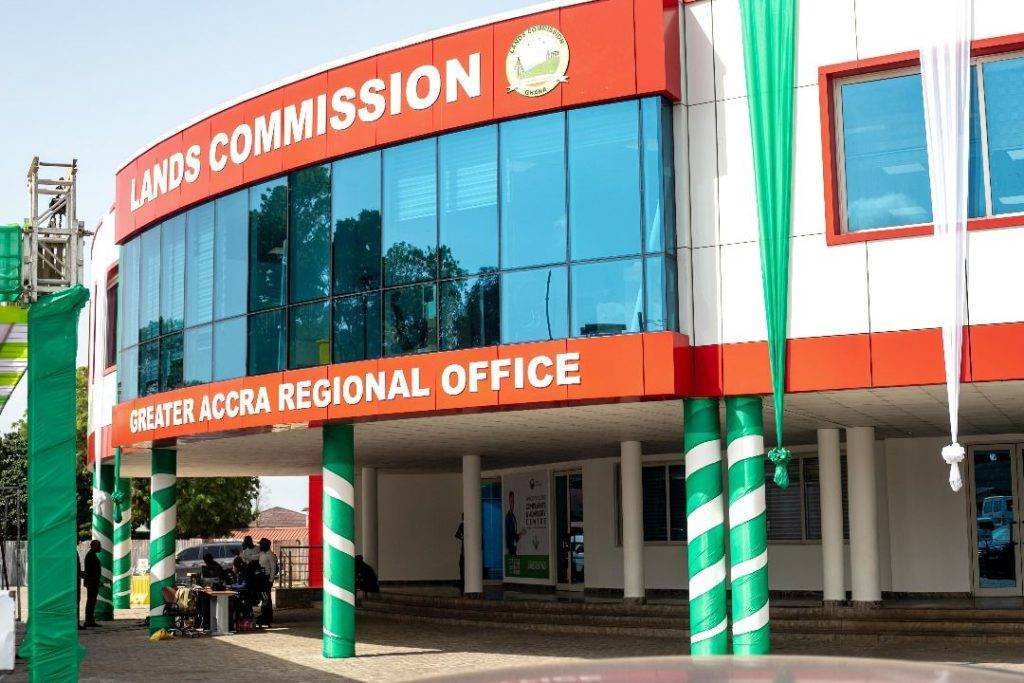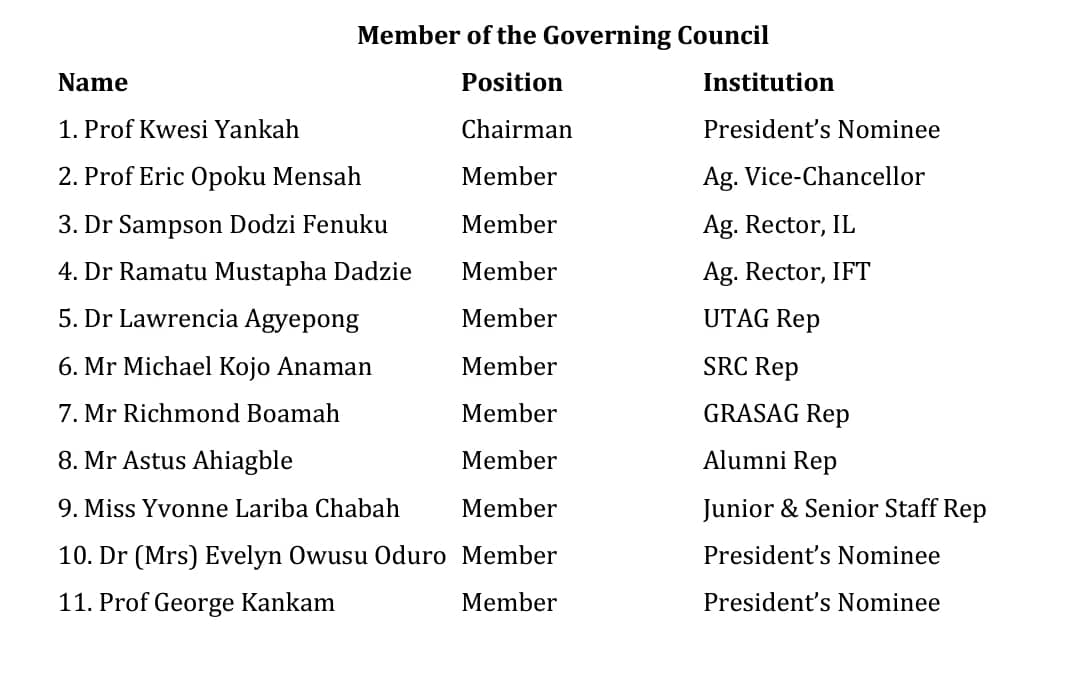
Mr Ken Ofori-Atta, Minister for Finance, has urged tax administrators to expeditiously resolve tax disputes, using Alternative Disputes Resolution (ADR) mechanisms.
Mr Ofori-Atta cited Canada, Australia, Brazil, South Africa and Kenya as countries which used ADR to effectively resolve 95%, 85%, 75%, 86% and36%, respectively, of their tax disputes.
Speaking at the inauguration of the Tax Dialogue initiative in Accra on Tuesday, August 14, 2018, he explained that as efforts were being made to improve revenue generation, so was the likelihood of increasing tax disputes, adding that once the disputes remained unresolved, the associated tax revenue also remained locked up.
He said measures and structures were, therefore, required to handle tax issues swiftly and fairly to preserve the integrity and fairness of the tax system.
Mr Ofori-Atta said one of the ways through which the Ministry was resolving tax administration issues was the Tax Dialogue, an initiative aimed at improving tax administration and enhancing the cordial relationship between the Ghana Revenue Authority (GRA) and its stakeholders.
He described the Tax Dialogue as a platform for key counterparts in tax administration to meet periodically to discuss and resolve tax administration issues in a timely and friendly manner.
He said cabinet had given approval for a Bill for the establishment of an Independent Appeals Board as another ADR mechanism to mediate tax disputes to forestall litigation, and expressed the hope that the ADR mechanisms would promote the efficiency of the tax system as well as make the administration of taxation, more efficient.
Mr Ofori-Atta disclosed that the Tax Dialogue, which began this year, had begun to show positive results such as improved speed in the payment of Value-Added Tax (VAT) refunds; payment of due VAT refunds through bank transfers instead of cheques; the development of a tracking arrangement for requests for private ruling letters to ensure prompt responses; and the development of an institutional database for tax rulings to avoid duplications and conflict.
In a presentation on the 2018 Mid-year Budget, Anthony Dzadzra, Director, Revenue Policy, Ministry of Finance, indicated that the achievement of the revised revenue targets was contingent upon a number of efforts and administrative measures.
These administrative measures, Mr Dzadzra said, included the intensification of tax compliance measures and plugging of existing revenue leakages; intensification of audits in all sectors and the prosecution of tax evaders and corrupt tax officials.
He said there was also the need to fully implement the excise tax stamp policy, monitor the downstream petroleum sector and to introduce the Cargo Tracking Note (CTN).
In addition, he said, a Luxury Vehicle Levy and an additional income tax band at 35% had been introduced; an Educational Levy of 2.5% introduced to replace the 2.5 % VAT assigned to the GetFund, while National Health Insurance Levy and the Education Levy had been decoupled from the Input-Output mechanism used for VAT computation.
Mr Dzadzra disclosed that the legislations backing these policies had been enacted and implementation had begun.
Read Full Story





















Facebook
Twitter
Pinterest
Instagram
Google+
YouTube
LinkedIn
RSS